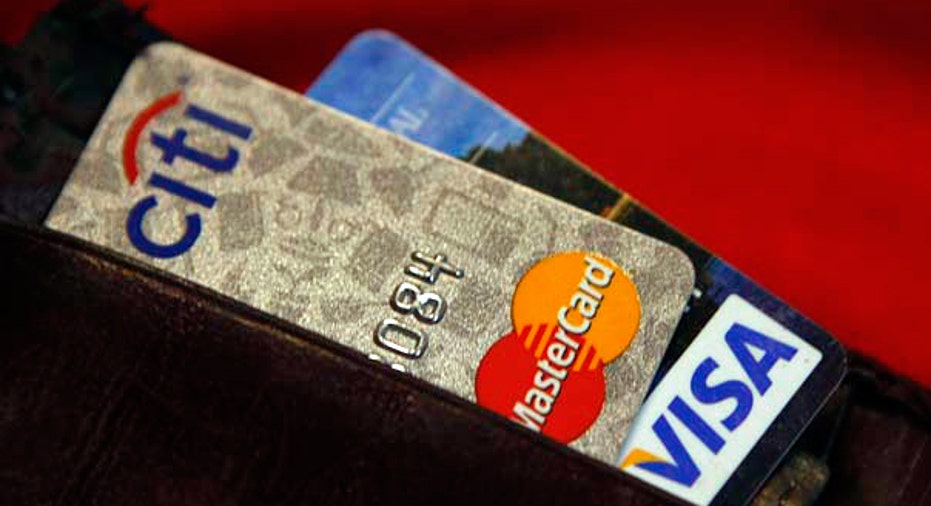Debt Pay-off Choices: Less now or a lot Later

Dear Let's Talk Credit,
I have a credit card balance of $6,500 that I had been making payments on through a debt management program. I had been six months behind in payments prior to going on the debt management program. The card company kicked me out of the program, and I have begun to make monthly payments directly through them. I have the ability to pay in full a year from now or settle by paying 60% now. Will settling now be better on my credit score a year from now, or waiting to pay in full?
- Tom
Dear Tom,
Most of the damage to your credit score occurred during the six months when you were unable to make payments on your credit card. That negative information will remain on your credit report for seven years from the first date of delinquency (typically no more than 180 days past due -- it's complicated, see the Federal Trade Commission's 1998 ruling on the topic for more details about start dates for delinquencies). But, the good news is your credit score will slowly improve as you pay your accounts on time and as agreed.
Paying off the card over the next year will be more favorable to your credit score than settling. However, rather than making the decision based on what's best for your credit score, I'd rather see you focus on what is best for your overall finances. For instance, it sounds as if you have approximately $4,000 available to settle your credit card balance. Instead of settling the account, you might consider adding the $4,000 to your savings while continuing to pay on the card. It is essential to have savings for unexpected expenses. This would help ensure that you won't have to accumulate unplanned credit card debt the next time you have unexpected expenses.
I'm not sure why the card issuer removed you from the debt repayment program. If it was because you did not make payments as agreed, that tells me that you probably had unexpected expenses that prevented you from making your monthly payments.
If you don't already have a monthly spending plan, develop one as soon as possible. Keep track of all your debt payments and expenses for a month. If your expenses are more than your income, take a hard look at how you spend your money during the month. You'll need to make the necessary cuts to bring your expenses in line with your income. And don't forget to add at least some money to the plan for your savings.
Good luck to you. Let's keep talking!
See related: When, how to pay off old debt



















